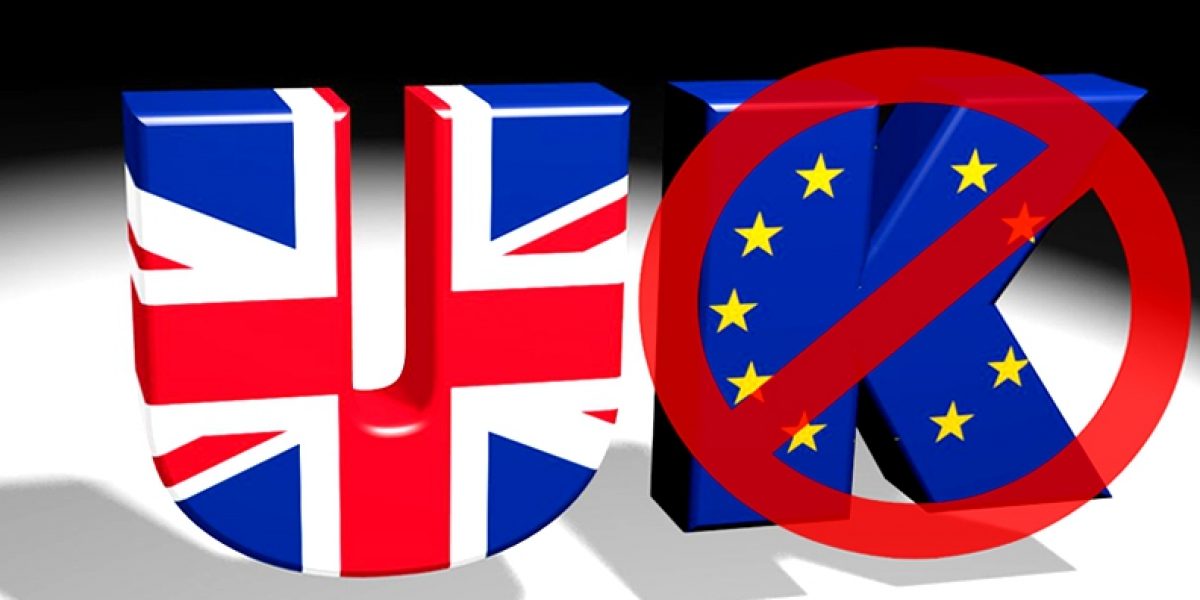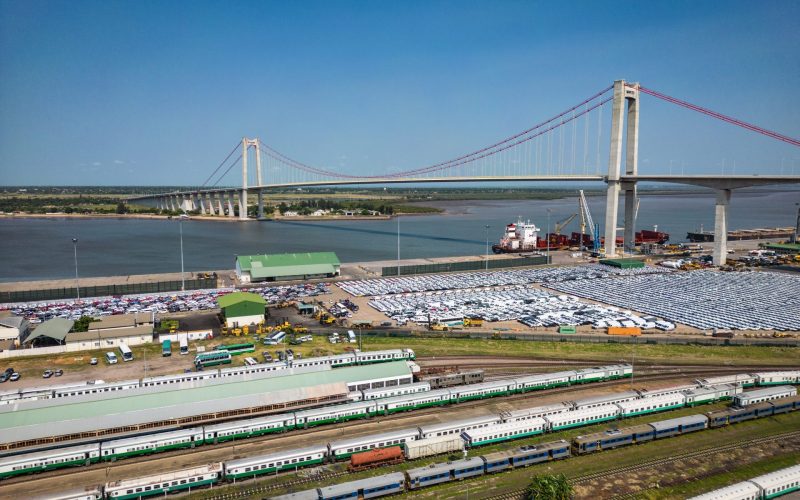The 72% voter turnout resulted in a 51.9% vote to leave the EU and a 48.1% vote in favour of remaining. While it essentially signals a split down the middle of UK voters, a closer look at the results reveals that the majority of voters in Scotland, Northern Ireland and the city of London supported the ‘remain’ vote, while the rest of England and Wales with a few small exceptions voted in favour of ‘leave’.
The Scottish First Minister and leader of the Scottish National Party, Nicola Sturgeon, has already announced that she will explore all options to remain in the EU given the strong support by Scottish voters for European membership. In Northern Ireland Sinn Fein has suggested it is time to test the appetite for Irish unity in a referendum. This suggests that the gaping schism between the UK and the European Union might lead to a fracturing of the British kingdom too, raising several questions about the country’s ability to continue playing its significant and influential global role in institutions ranging from the UN, specifically the UNSC, to the G20, as it tries to contain the domestic political and economic fall-out of the referendum.
The markets have reacted as predicted, with a punishing blow leading to the biggest fall in the value of the Sterling in 31 years, a 30% drop in the share value of the British banking sector (led in particular by Lloyds and Barclays) and an 8% drop in the London Stock exchange. However, the impact has not been only domestic. Stock markets across the world have taken a significant hit as traders desperately seek out secure assets such as government debt, the Japanese yen and gold. The impact has hit both European and emerging market bourses. The South African Rand, no stranger to volatility, has experienced wide fluctuations today with a drop in value and swings recorded between 2-8% against the US Dollar – in fact a worse performance than when President Zuma fired Finance Minister Nene. The British Pound in contrast has devalued by 4.7% against the ZAR. The big question is how long will the volatility continue as the market digests the news. The outlook is not good and depends on how orderly the British exit from the EU will be, something which will only become more apparent in the coming weeks.
Prime Minister Cameron prioritised an orderly exit in his resignation announcement early this morning while Mark Carney, the Governor of the Bank of England reassured markets that the Bank is well prepared for this scenario and ready ‘to pursue relentlessly our responsibilities for monetary and financial stability’. The Prime Minister indicated that he would step down in October to coincide with the start of the Conservative Party Congress and to ensure that ‘a negotiation with the European Union will begin under a new prime minister and that this new prime minister takes the decision about when to trigger Article 50 and start the formal and legal process of leaving the EU’.
What are the next steps? Invoking Article 50 of the Lisbon treaty triggers a two-year timeline to negotiate the UK’s exit from Europe. What will follow (although the two processes can run in parallel) is the renegotiation of the relationship with the EU. This could take up to five years. However, it is important for the UK to ensure that a new agreement is in place as soon as possible to both secure access for UK companies to Europe’s $13.6 trillion single market and to regulate the annual trade of $575bn between Britain and the rest of the EU. Given the UK’s status as the heart of Europe’s banking sector it also raises very serious questions about the options on the table for a future financial relationship with Europe.
Although the Brexit campaign was victorious in the end, it preferred to be vague about the day after. They will now need to make a call, once the dust has settled and the back-room, informal talks begin both inside the Tory Party and with the EU.
There are three broad options on the table which have been variously described as the Norwegian model, the ‘New Deal’ or the regulation of trade under the WTO. These choices will each have their own ramifications for the UK. The ‘Norwegian option’ essentially entails a much looser association with Europe that will ensure access for the UK via the European Free Trade Area (EFTA) to the EU and the free movement of workers, but without any say in how rules affecting the UK evolve in Europe and with continued contributions to the EU budget. It is unclear what the net contribution of the UK to the EU budget might be under this scenario, but a comparison of its net contribution of £128 per capita compared to Norway’s of £106 in 2011 does raise some questions about how much better off the UK would be under this scenario — a reduction in payments to the EU was a major focus of the ‘Leave’ campaign. However, it should be noted that in the same year Switzerland’s net contribution was around £53 per head.
The ‘New Deal’ with Europe would essentially entail the negotiation of a separate free-trade agreement with the 27 member bloc with the intent to limit most trade tariffs between the UK and Europe’s members, but this could take many years and require the agreement of every single member of the EU.
The last option is simply to regulate trade with the EU under existing WTO rules, but this would have significant implications for Britain’s positioning as a financial hub and its access to the European market. Underlying these options is the deep irony that the British exit from Europe might spark a second round of economic and financial crisis in Europe with disastrous implications for British trade (given that its European partners take up the single largest share of its trade), but also economic resilience and growth globally. It therefore makes the pro-exit campaigners’ suggestions that the UK should instead aggressively pursue free trade agreements with Canada, Australia and others slightly ludicrous given the economic difficulty that the entire world might find itself in and the divided attention of a depleted UK trade negotiating capability on negotiating an orderly exit process from the EU while negotiating bilateral FTAs from a much weaker position on an individual basis.
What are the implications for South Africa and Africa? As noted in an earlier piece by SAIIA, Brexit has a significant impact on the SADC-EPA that has just been concluded after many years of difficult negotiations. But a more bitter pill for Africa to digest is the fact that a future UK-Europe arrangement will mean that Africa has lost one of its strongest champions in Brussels. Indeed there remains significant scope for Africa-UK cooperation, and some might believe that a UK outside Europe will be much less constrained to engage on a variety of issues with Africa. But as Africans we should also recognise that the unchartered territory that the UK’s exit from Europe heralds also has huge ramifications for this region where multilateral action is often the preferred mode of engagement; a ‘new’ UK leadership will be far more focused on its domestic challenges, among which would be keeping the union together.
Finally, we should also expect a much more internally focused Europe as the shock of the Brexit is digested in Europe’s capitals and societies where there is a growing clamour among some groups to likewise exercise the ‘leave’ option despite the insistence by Donald Tusk, President of the European Council, that ‘this is not a moment for hysterical reactions’. The UK, Europe and the world will have to ‘cross the river, feeling the stones’.








